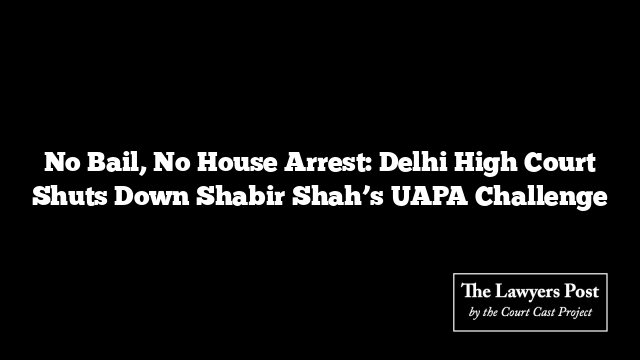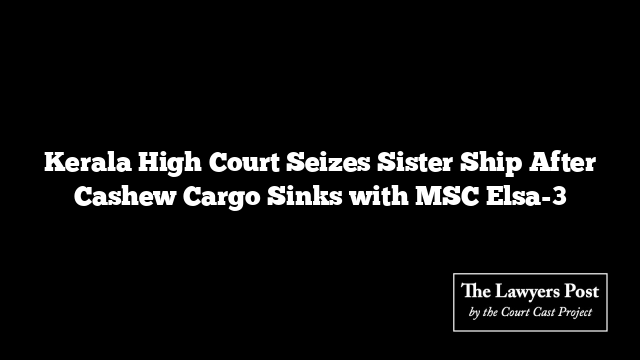The Delhi High Court has turned down Kashmiri separatist leader Shabir Ahmad Shah’s appeal for bail, firmly backing the National Investigation Agency’s (NIA) case against him under the Unlawful Activities (Prevention) Act. The bench, led by Justices Navin Chawla and Shalinder Kaur, found the accusations not only weighty but also supported by a trail of prior conduct that couldn’t be ignored.
Charges? Already framed. Grounds for bail? Not convincing, the court concluded.
Shah, heading the Jammu Kashmir Democratic Freedom Party (JKDFP), has been accused of mobilizing funds for terror-linked activities and inciting public unrest—stone-pelting protests included. The NIA’s case alleges he was part of a broader network of individuals pushing for the secession of Jammu & Kashmir, acting through illegal associations with a clear anti-national agenda.
Shah isn’t alone in the dock—Abdul Rashid Sheikh and Yasin Malik also feature in the list of co-accused. But Shah’s case stood out due to what the court described as “overwhelming evidence” and the risk that, if released, he might tamper with it—or the people giving it.
Being a repeat name in several such cases didn’t help. The Court emphasized that as the leader of an unlawful outfit, Shah’s release could very well open the door to continued unlawful activity.
On the argument of free speech, the Court pulled no punches. Yes, it said, the Constitution protects expression—but not when it mutates into incitement, public disorder, or a threat to the nation’s fabric. In their words, “freedom of speech cannot be misused to deliver inflammatory speeches contrary to the interests and integrity of the country.”
As for his request to be placed under house arrest? Denied. The Court wasn’t convinced by the absence of bail pleas in Shah’s other pending cases either, pointing out the silence as suspicious.
With the plea dismissed and no relief in sight, Shah remains in custody as the legal battle continues.





